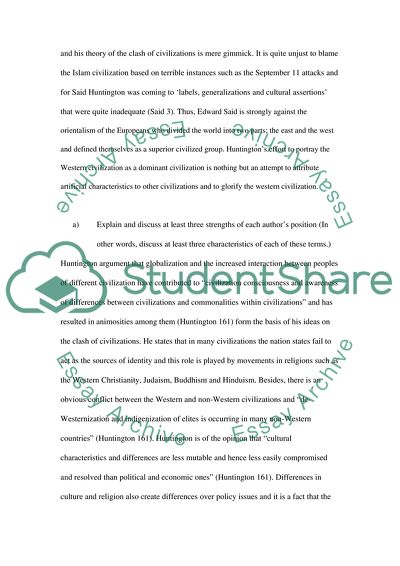Cite this document
(The Geography of War and Peace Assignment Example | Topics and Well Written Essays - 2500 words, n.d.)
The Geography of War and Peace Assignment Example | Topics and Well Written Essays - 2500 words. https://studentshare.org/politics/1728399-political-geography
The Geography of War and Peace Assignment Example | Topics and Well Written Essays - 2500 words. https://studentshare.org/politics/1728399-political-geography
(The Geography of War and Peace Assignment Example | Topics and Well Written Essays - 2500 Words)
The Geography of War and Peace Assignment Example | Topics and Well Written Essays - 2500 Words. https://studentshare.org/politics/1728399-political-geography.
The Geography of War and Peace Assignment Example | Topics and Well Written Essays - 2500 Words. https://studentshare.org/politics/1728399-political-geography.
“The Geography of War and Peace Assignment Example | Topics and Well Written Essays - 2500 Words”. https://studentshare.org/politics/1728399-political-geography.


